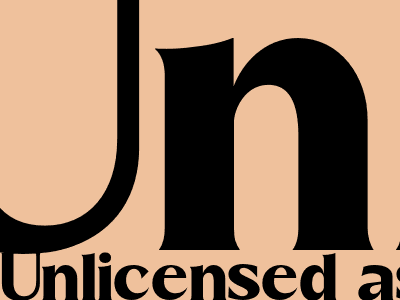
Unlicensed Assistive Personnel, Filipino Nurses Struggle to Gain Licensure in the US
Introduction
Thousands of unlicensed assistive personnel (UAP) and Filipino nurses face barriers to obtaining licensure in the United States. Despite their skills and experience, they often encounter obstacles due to language proficiency requirements, lack of access to training programs, and limited recognition of their foreign credentials.
Challenges Faced by UAPs
UAPs, also known as certified nursing assistants (CNAs) or home health aides, provide essential care to patients in various settings, including hospitals, nursing homes, and private residences.
However, many UAPs who immigrate to the US face difficulties in obtaining licensure. They may lack the necessary language proficiency to pass the certification exams, which are typically administered in English.
Additionally, UAP training programs are often unavailable or costly, making it challenging for them to acquire the required skills and knowledge.
Barriers for Filipino Nurses
Filipino nurses also encounter significant hurdles in gaining licensure in the US. Despite their extensive education and experience, they may not meet the specific requirements set by state nursing boards.
The Commission on Graduates of Foreign Nursing Schools (CGFNS) provides a qualifying exam for foreign nurses, but the process can be lengthy and expensive.
Furthermore, some states have additional requirements, such as supervised clinical practice, which can be difficult for Filipino nurses to obtain without a valid work visa.
Impact on Patient Care
The lack of licensed UAPs and Filipino nurses has a detrimental impact on patient care. These healthcare professionals possess valuable skills and experience that could significantly benefit the US healthcare system.
However, the barriers they face prevent them from fully contributing to the workforce, leading to shortages of qualified caregivers and reduced access to quality care for patients.
Policy Recommendations
To address these challenges, policymakers should consider implementing the following measures:
- Provide language assistance during certification exams for UAPs.
- Increase access to affordable training programs for UAPs.
- Streamline the CGFNS process and reduce the financial burden on Filipino nurses.
- Explore alternative pathways to licensure that recognize the skills and experience of foreign-educated nurses.
Conclusion
The struggle of unlicensed assistive personnel and Filipino nurses to gain licensure in the US is a complex issue with far-reaching consequences. By addressing the barriers they face, policymakers can unlock the potential of these healthcare professionals and improve the quality of care for all Americans.